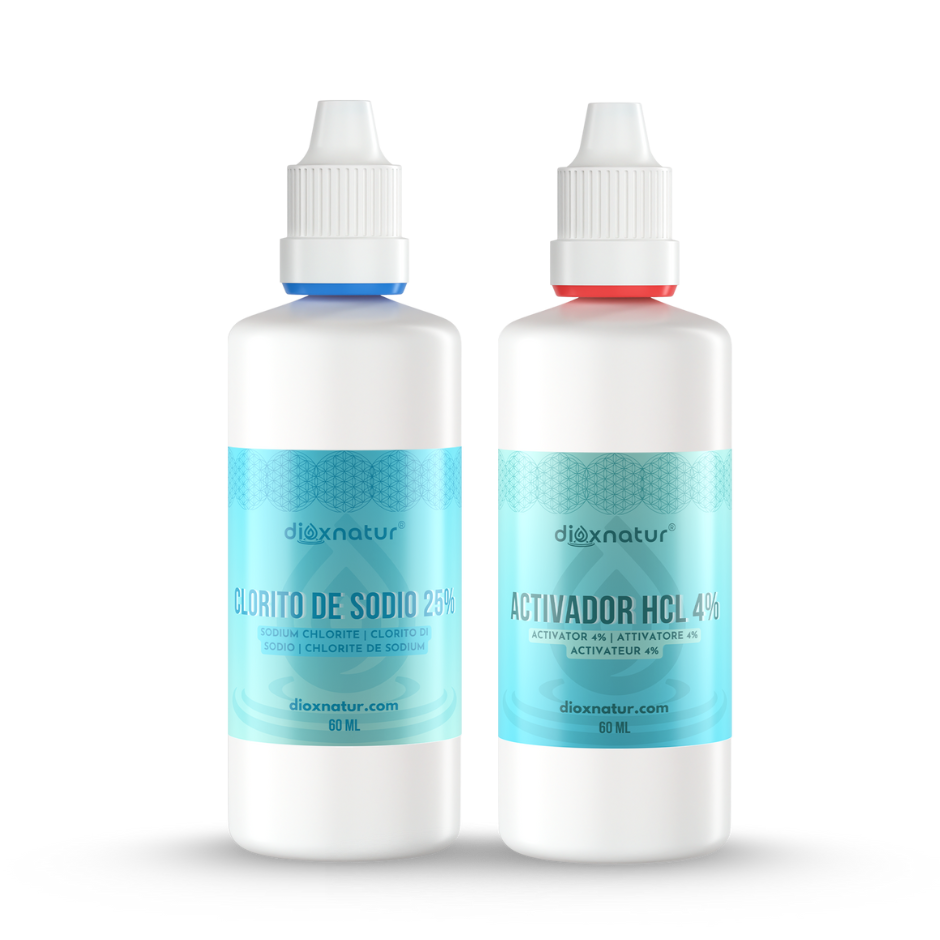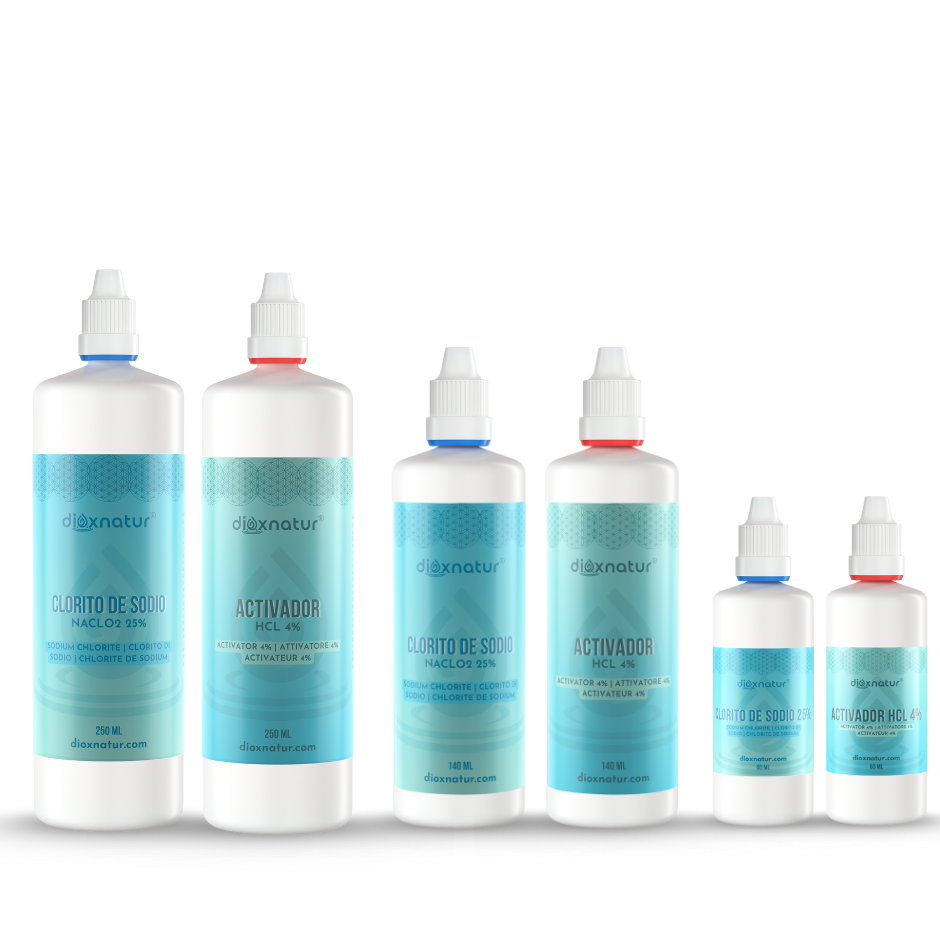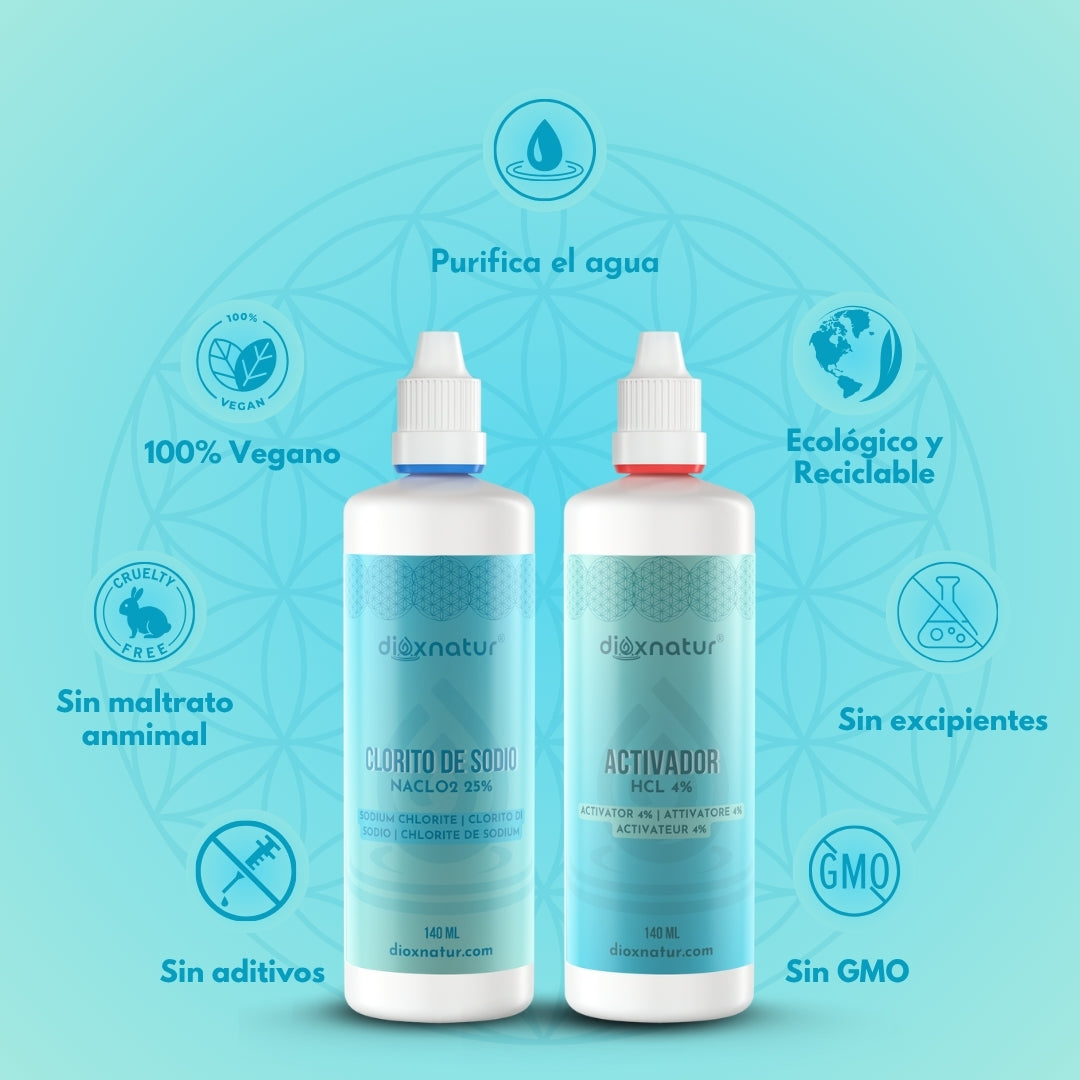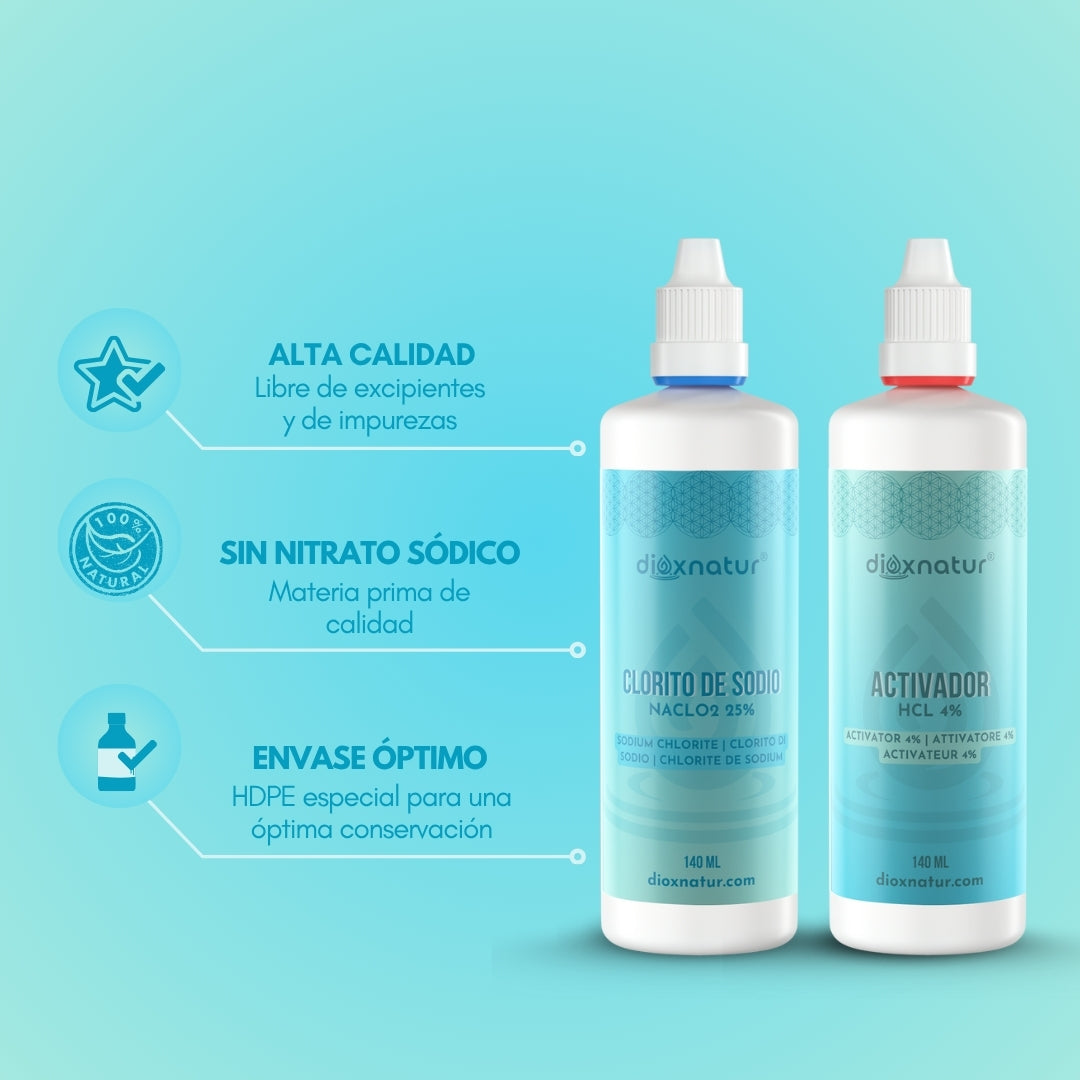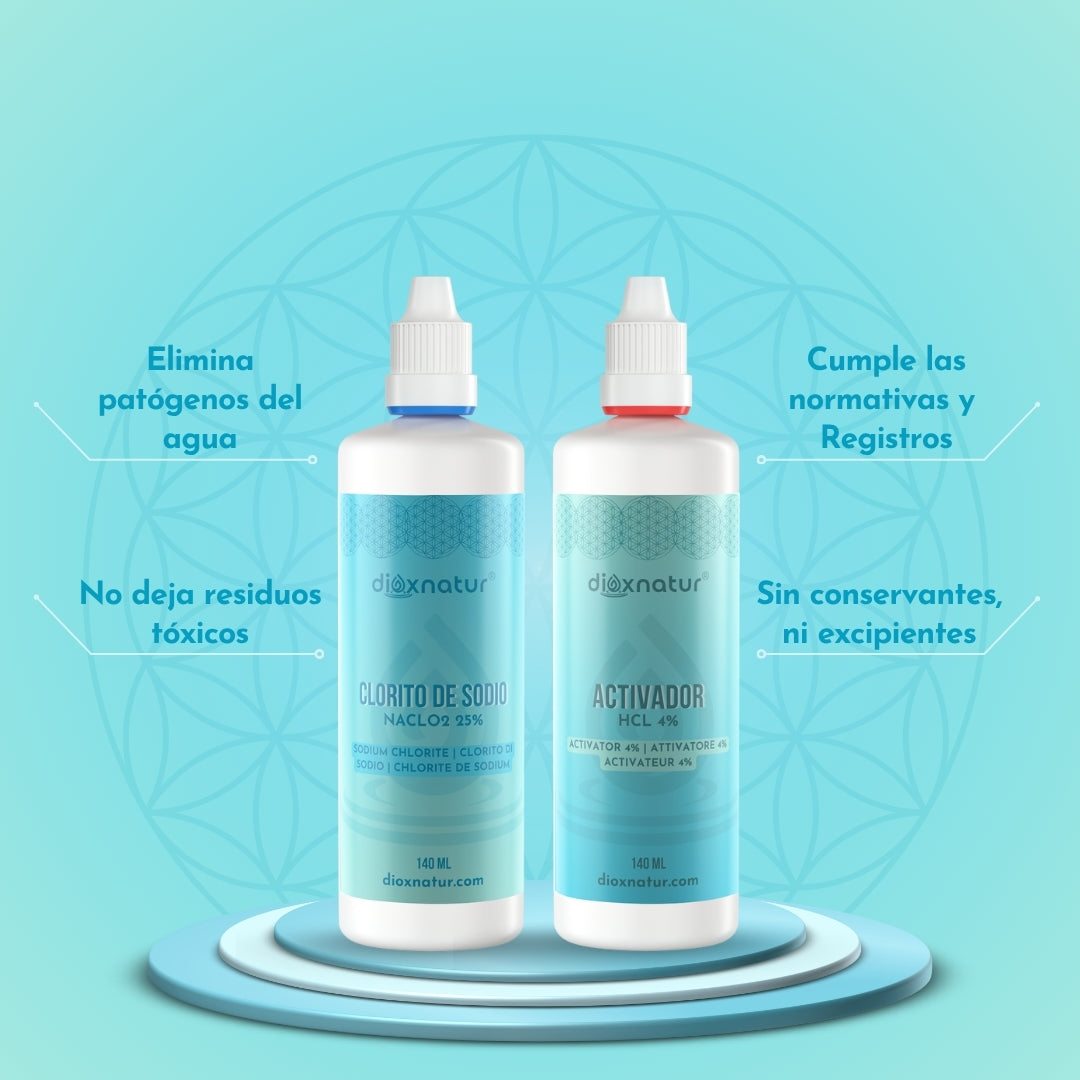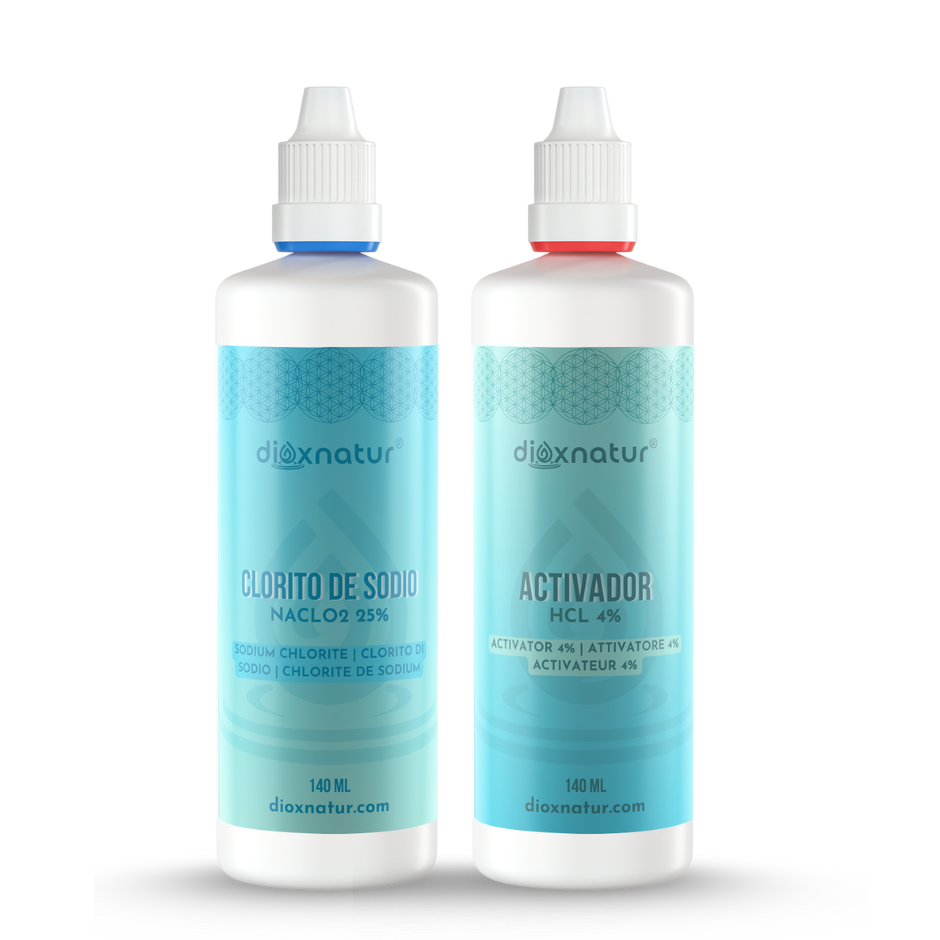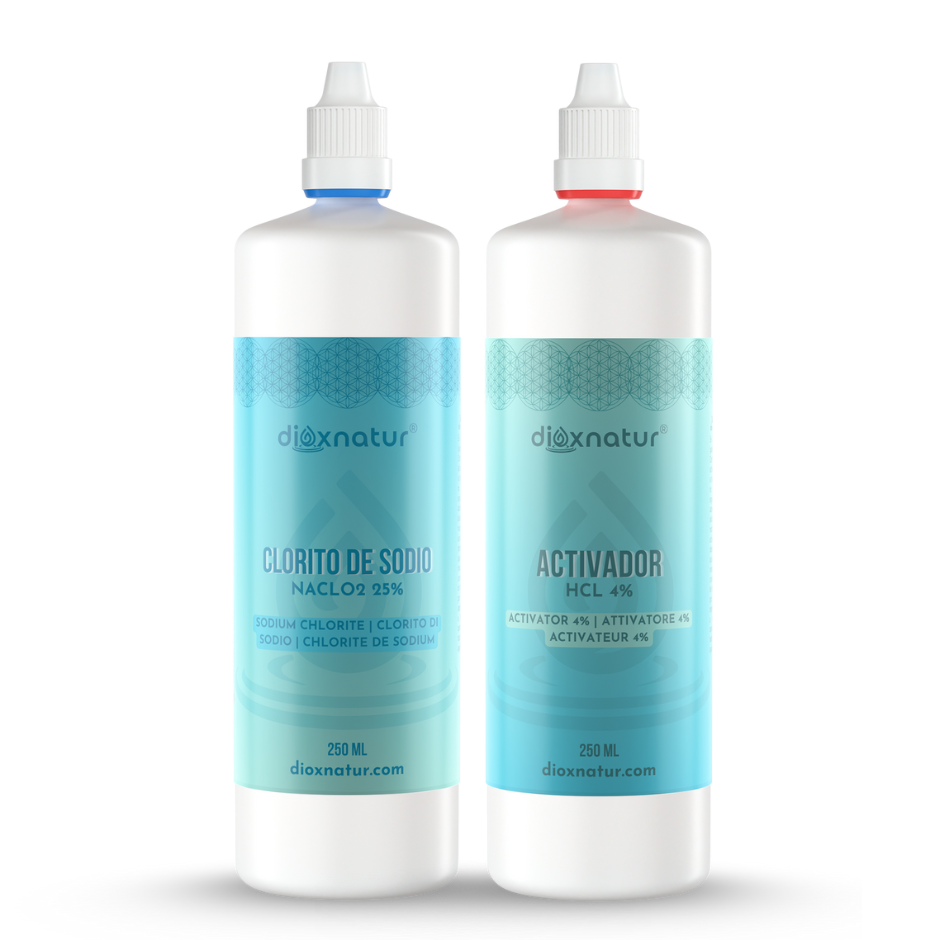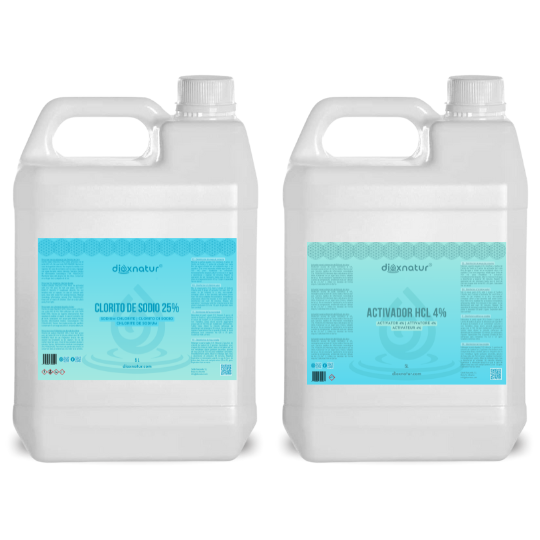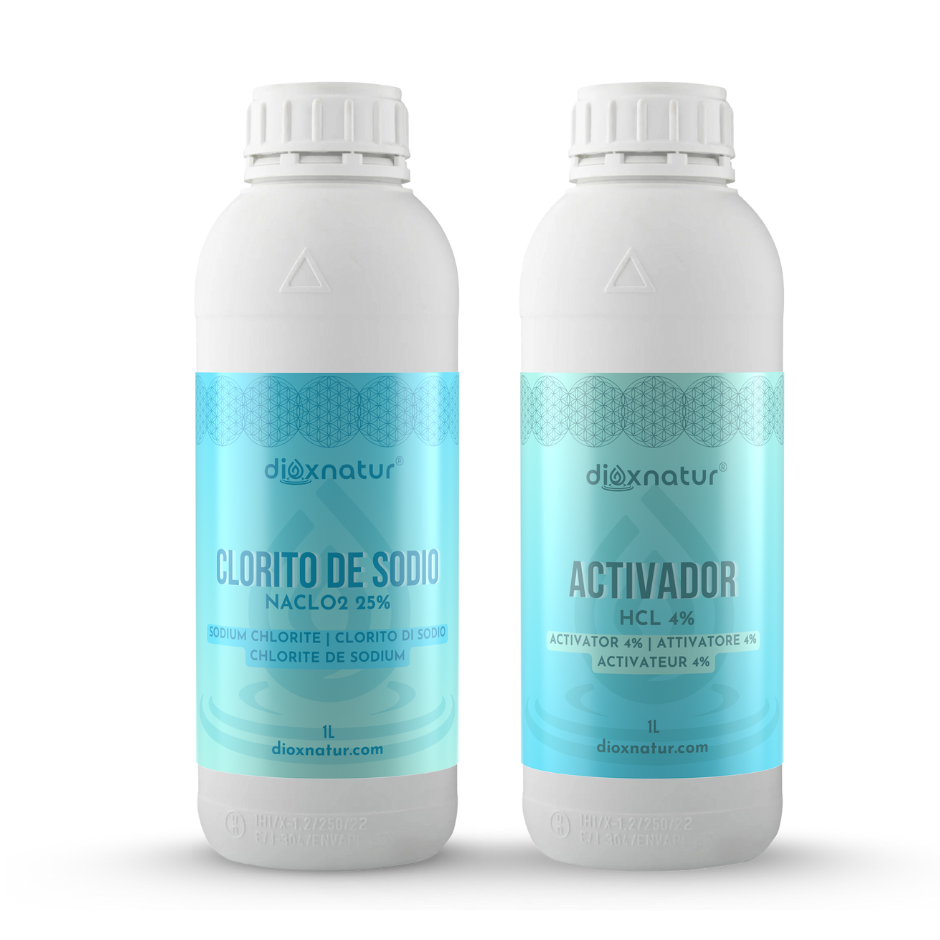Water is an essential resource for all living beings on this planet. And it plays a crucial role in preserving health and well-being. However, not all water supplies are suitable for consumption, as they may contain harmful elements with potential adverse effects on our health. That is where drinking water comes into play. In this article, we will delve into the concept of drinking water, its importance, and the process of water purification.
Understanding drinking water
Safe drinking water, commonly known as potable or drinkable water , refers to water that has been treated and purified to ensure it is safe for human consumption. This process and how water is made drinkable involves the removal of harmful contaminants, such as bacteria, viruses, chemicals, and other impurities. Drinking safe water is crucial to maintaining hydration and ensuring the proper functioning of our bodies.
The importance of drinking water
Drinking clean water offers several benefits for our overall health and well-being. Let's explore some of its key advantages:
1. Hydration and body functions

Drinking water plays a crucial role in keeping our bodies hydrated, being essential for functions such as digestion, nutrient absorption, circulation, and temperature regulation. Avoiding dehydration, which can lead to fatigue and dizziness, is possible by consuming adequate amounts of drinking water.
2. Disease prevention
Drinking safe water helps prevent the spread of waterborne diseases. Proper purification methods remove harmful pathogens and contaminants, reducing the risk of diseases such as diarrhea, cholera, and typhoid fever. Access to clean drinking water is especially critical in areas with limited sanitation facilities, where the prevalence of waterborne diseases is higher.
3. Nutrient absorption and digestion
Drinking clean water helps the digestion process and the absorption of essential nutrients from the food we eat. It helps break down food particles, facilitates the movement of nutrients through the digestive system, and improves the efficiency of nutrient absorption. This optimizes digestion in a holistic manner and ensures optimal absorption of nutrients, thus contributing to maintaining good health.
4. Detoxification and elimination of toxins

Drinking clean water enables our bodies to eliminate toxins and waste through urine and perspiration. It supports the healthy functioning of our kidneys and liver, which are responsible for filtering and removing waste from our bodies. Adequate drinking water consumption promotes the elimination of toxins and helps maintain organ function.
The process of making water drinkable
Find out below how to make water drinkable for human consumption in 4 steps.
1. Filtration
Filtration is the first step in making water potable, where water is passed through filters to remove visible impurities, sediment, and larger particles. This helps improve the clarity of the water and removes any unwanted floating particles.
2. Coagulation and flocculation
During coagulation, chemicals are added to the water to bind and neutralize any remaining impurities. Flocculation then occurs, where gentle mixing and agitation causes these particles to clump together and settle to the bottom.
3. Sedimentation
Once the impurities have settled to the bottom, it is possible to separate the clearer water through the process of sedimentation. This process involves allowing the water to sit undisturbed, allowing the heavier particles to settle further while the cleaner water is transferred to the next stage.

4. Disinfection
Disinfection is a key step in eradicating any lingering harmful bacteria, viruses and microorganisms. Chemical disinfectants such as chlorine, chlorine dioxide or ozone are commonly used to ensure that water is safe for consumption by being free of disease-causing pathogens.
How to make water drinkable at home
Purifying water at home is very easy with our chlorine dioxide products. Compare chlorine dioxide prices and get the product that best fits your household budget.
Conclusion
Access to clean and safe drinking water is essential to maintaining a healthy life. Understanding the importance of drinking water and the purification process empowers us to make informed decisions and promote accessibility to this essential resource. By ensuring access to safe drinking water, we can promote good health, prevent disease and contribute to a healthier and more sustainable future for all.













